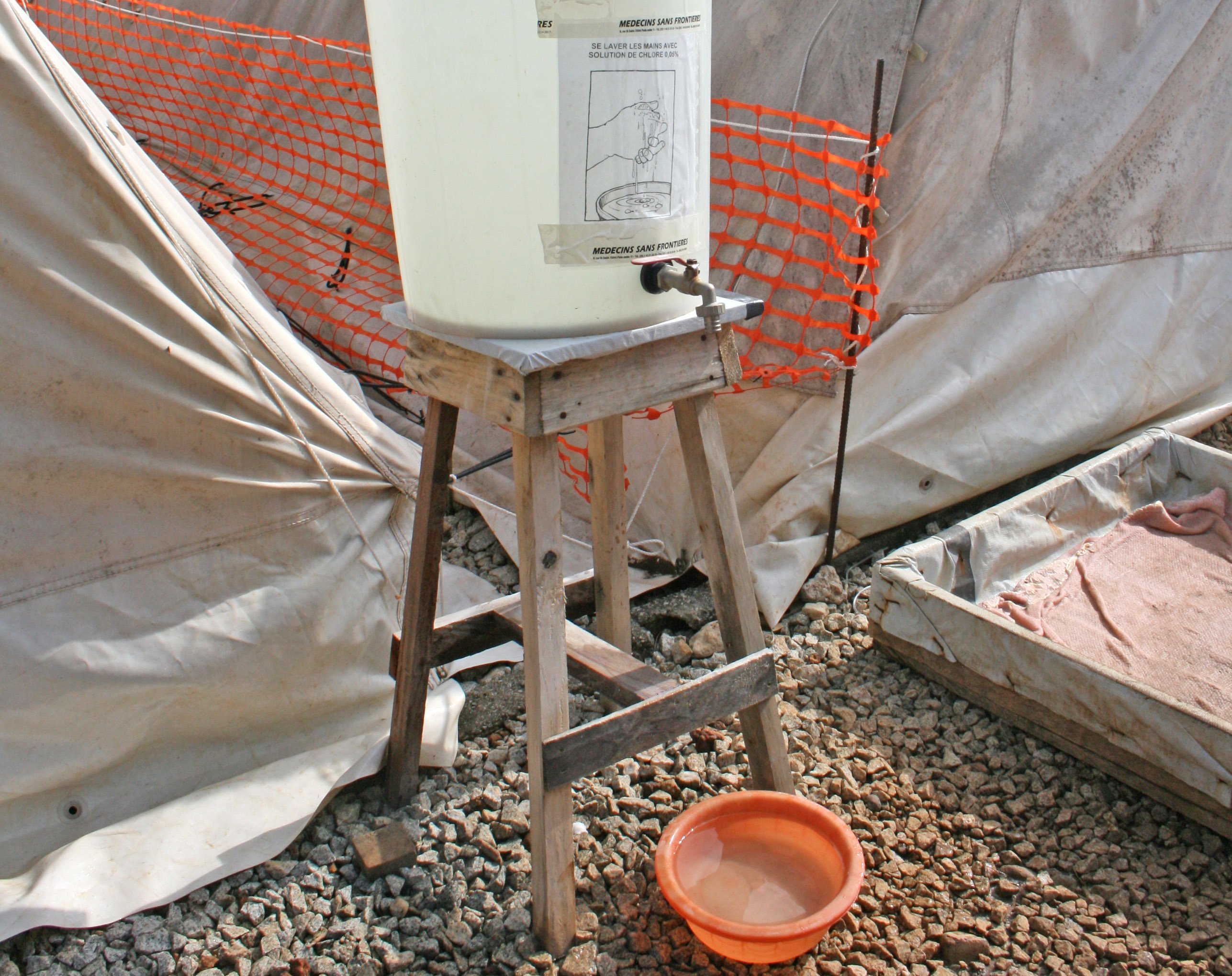“Immunization against cholera opens up a new opportunity [for] treatment and [the] fight against the disease. We think that there is a new opportunity to use it in the DR Congo as a complementary measure to existing methods that that have been used in the past,” Marc le Pape, chief of the MSF bureau in the eastern town of Kalemei, told IRIN.
The parts of DRC most affected by the disease are characterized by poor hygiene, lack of awareness about how cholera is transmitted, limited access to protected and monitored water sources, and lack of sanitation infrastructure.
According to a cholera situation analysis released by WHO in September 2012, there were 22,792 reported cases of cholera in DRC between January and September 2012. There were 512 cholera-related deaths in the same period.
Sanitation focus
The government is considering a roll-out of the vaccine, but some government health officials have opposed calls for an immunization campaign, instead pushing for efforts to scale-up water and sanitation programmes.
“At the moment, we in South Kivu Province [think] immunization is not an emergency because a lot of work has been done to get clean water to reach more people there,” Jean-de-Dieu Mpuruta, an official from the Ministry of Health, told IRIN.
“We believe that if everyone has access to clean water and applies hygienic requirements - such as drinking boiled water, washing hands, eating warmed foods, having a clean toilet, keeping the surroundings/environment clean etc. - cholera disease can be defeated,” he added.
The provision of clean water and sanitation is critical to reducing the impact of cholera - a diarrhoeal disease that can kill within hours if left untreated - and other waterborne diseases.
Globally, there are an estimated 3–5 million cholera cases, resulting in 100,000–120,000 deaths, every year, according to WHO.
Plans underway
Health experts discussed these options at a conference held in the capital, Kinshasa, from 23 to 24 January. They also considered strengthening in-hospital care, using avail flexible financing, strengthening the epidemiological surveillance and communication system, and creating an emergency fund for cholera, as well as other measures.
Already, a five-year plan to combat cholera - especially in the eastern region, where a long-running conflict between the government and rebel forces has hampered prevention and treatment efforts - is being developed.
According to WHO, the vaccination against cholera will target mostly travellers, fishermen and farmers living along rivers.
In 2012, WHO convened a technical working group on the creation of a global cholera vaccine stockpile.
A study carried out in Kolkata, India, on the effectiveness of the oral cholera vaccine revealed that the vaccine had a 67 percent protection efficacy against clinically significant cholera for two years, and showed that the vaccinated population had a 66 percent protection efficacy against all forms of cholera for three years after vaccination.
There are currently two WHO pre-qualified oral cholera vaccines, Dukoral and Shanchol. Another five are still under development.
In 2012, a cholera outbreak in the eastern town of Kisangani spread quickly to Kinshasa and also affected many towns along the Congo River.
pc/ko/rz
This article was produced by IRIN News while it was part of the United Nations Office for the Coordination of Humanitarian Affairs. Please send queries on copyright or liability to the UN. For more information: https://shop.un.org/rights-permissions





